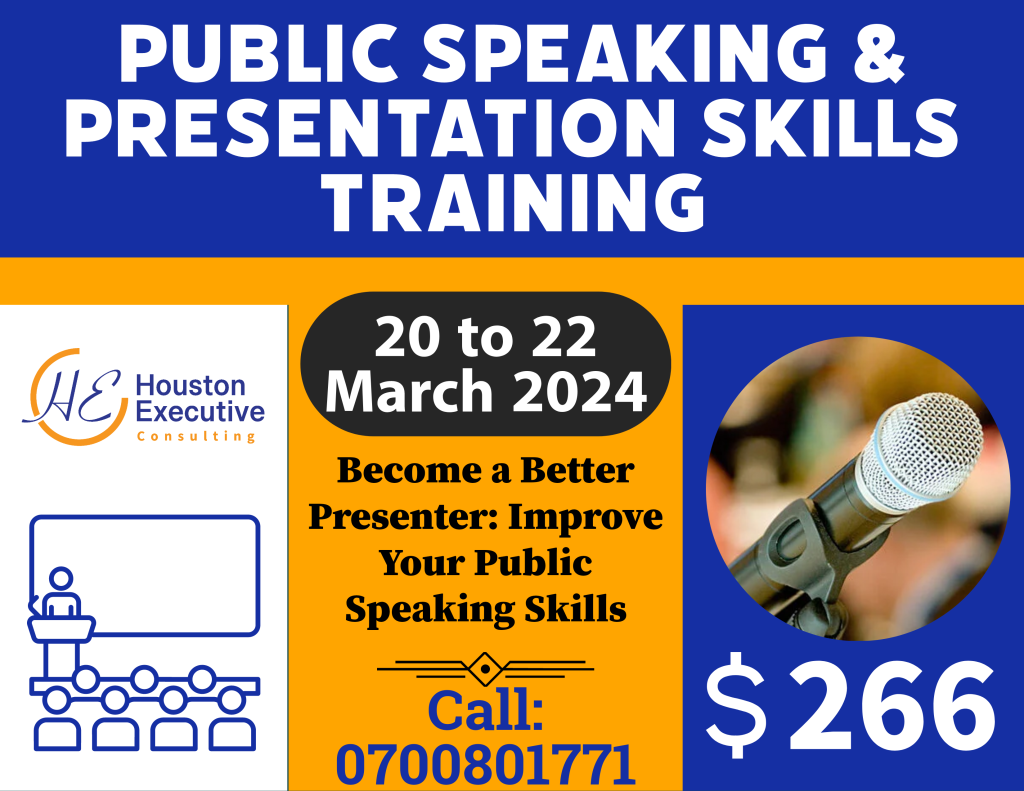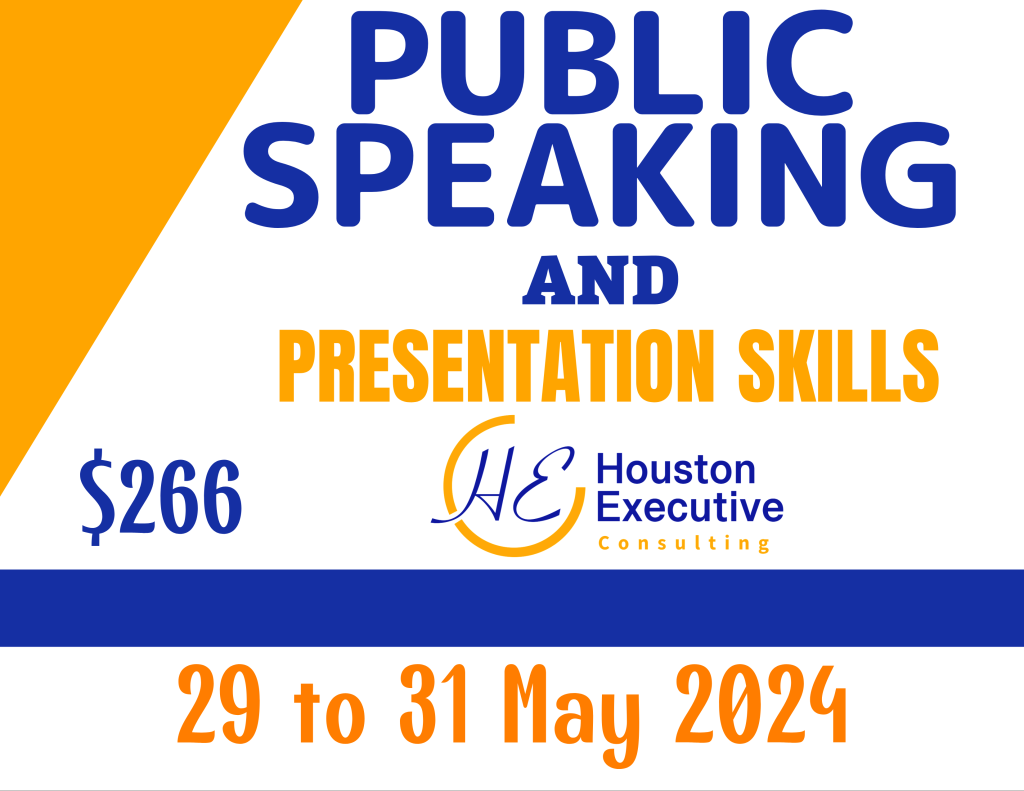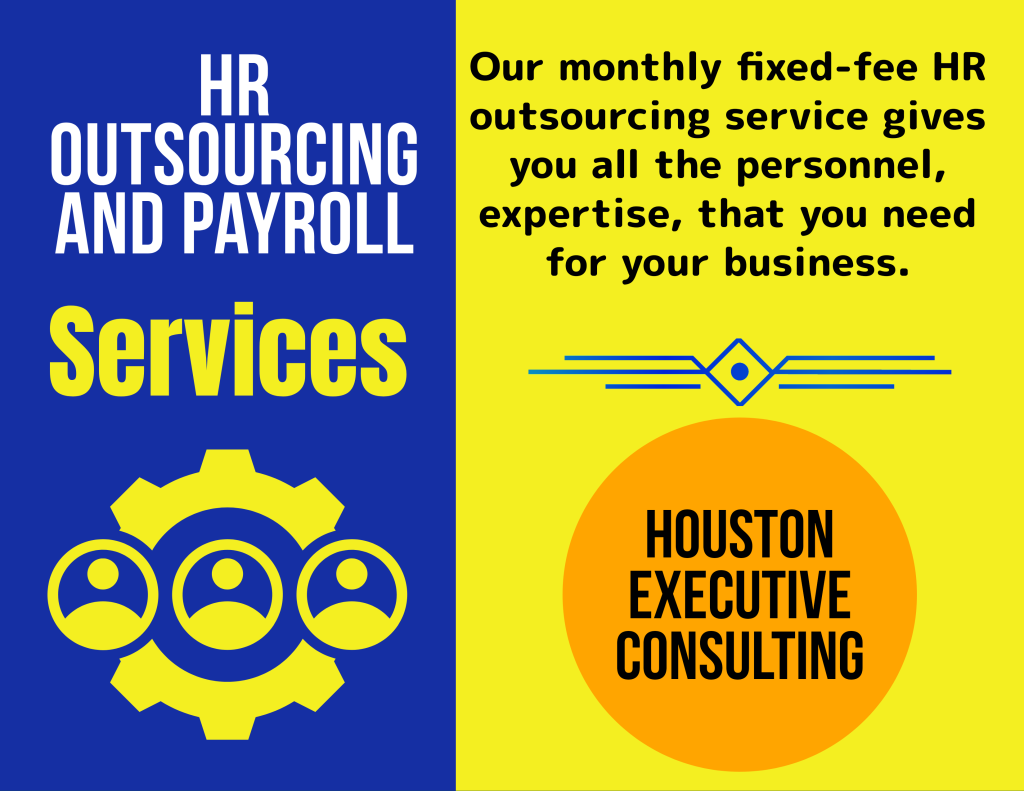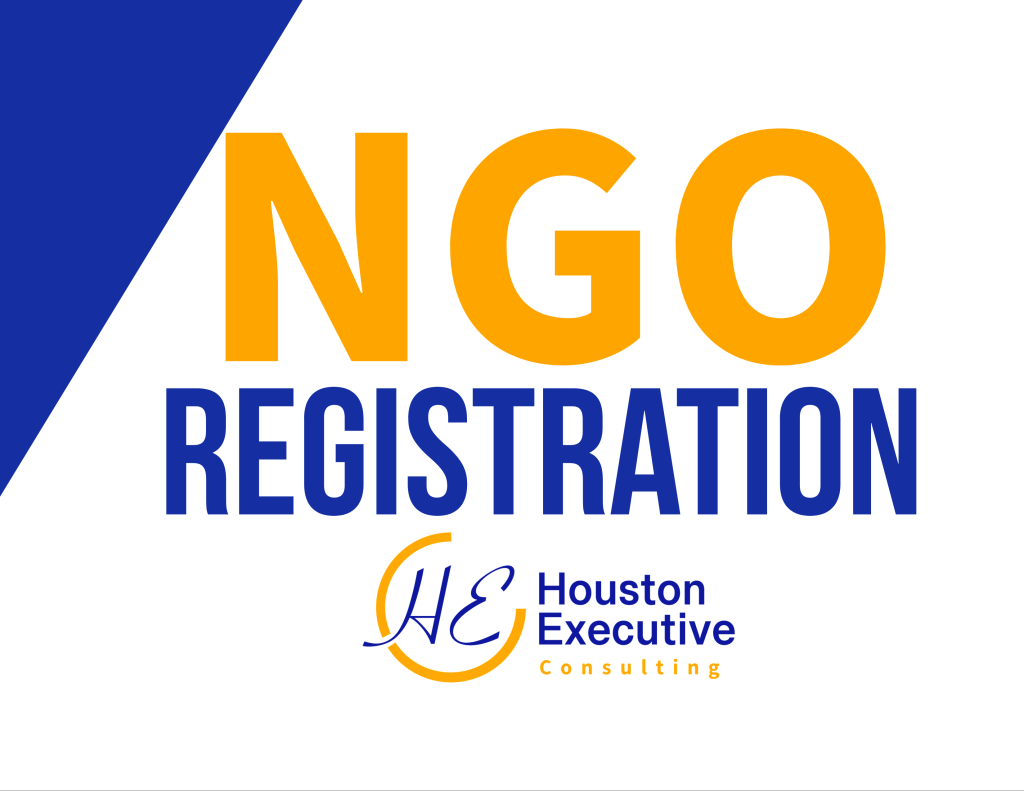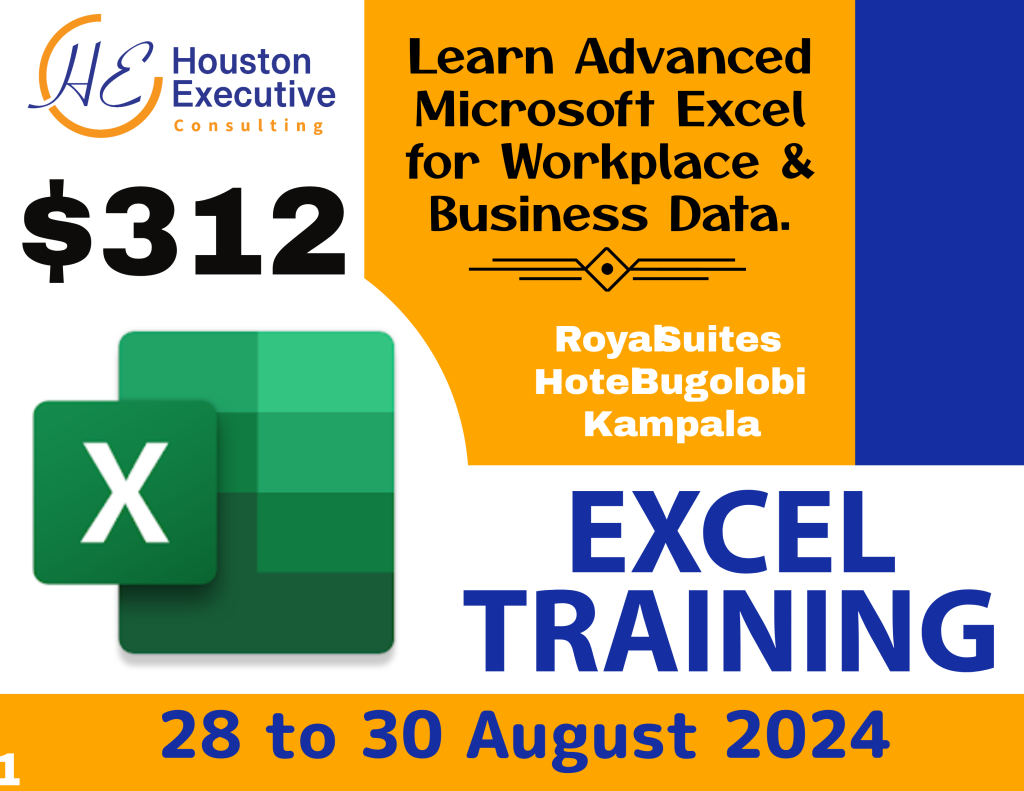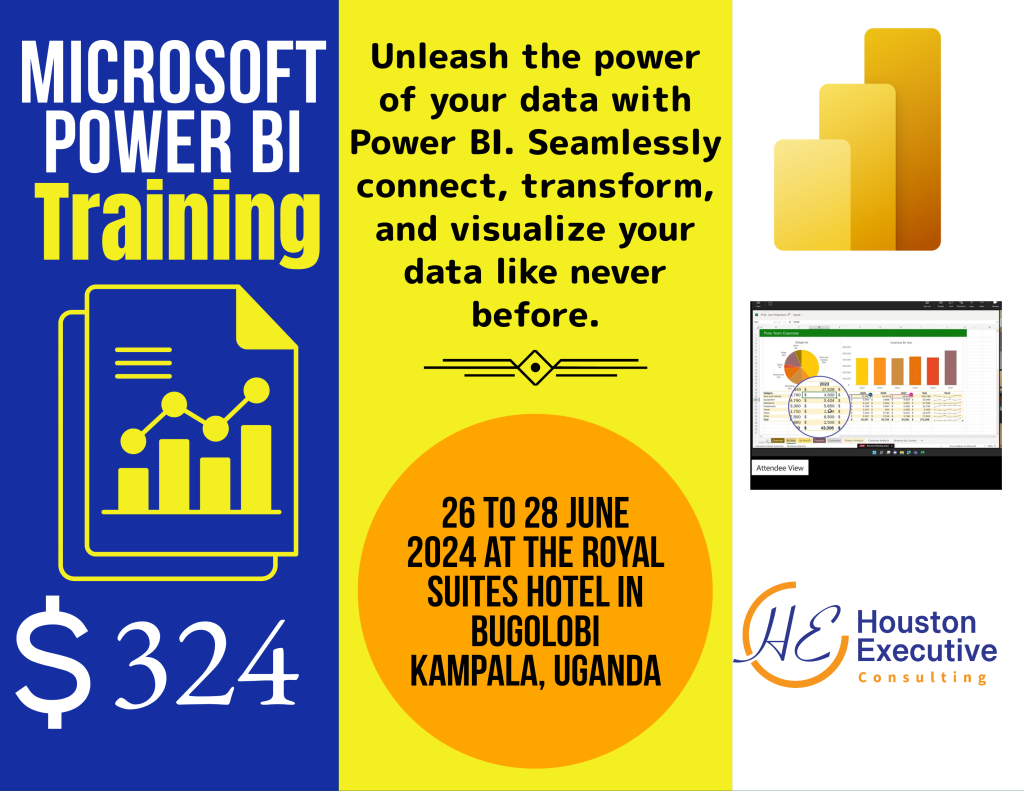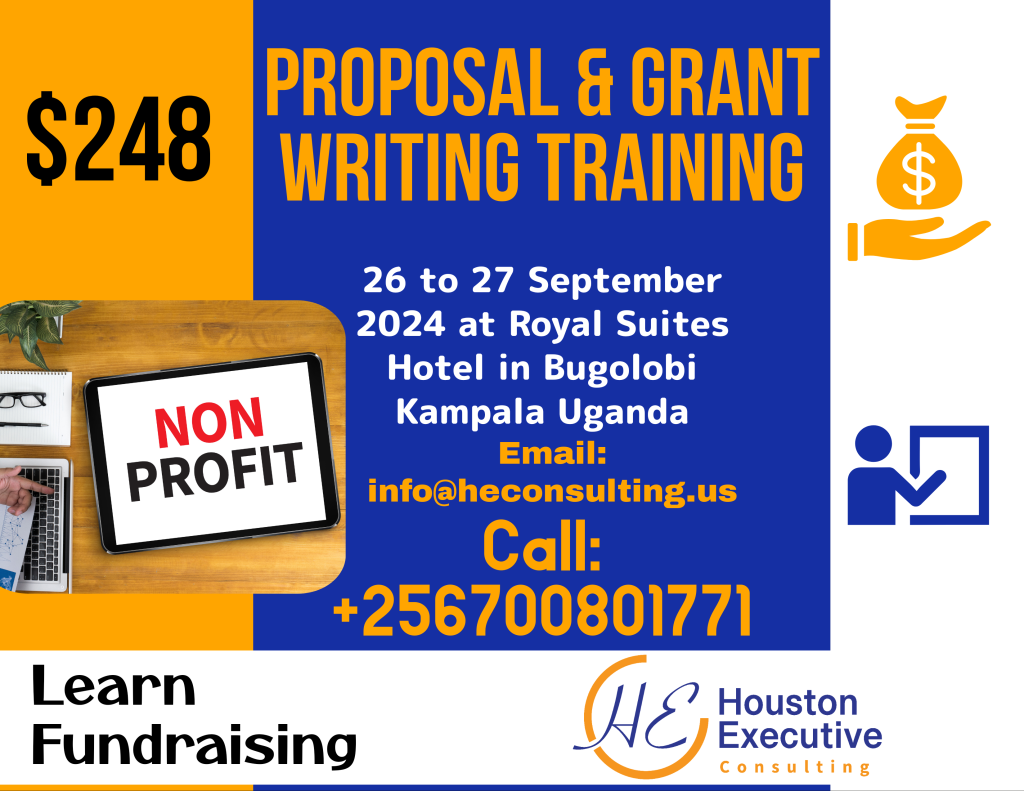Writing A Winning Tender Bid Response to The Different Solicitations in Uganda
Scope – This Article Discusses the Best Ways for Planning A Tender Response and Prepare the Most Appropriate Responses to A Request for Proposal (RFP, Request for Information (RFI), and Request for Quotation (RFQ. This Content Will Also Help You Learn How to Write A Winning Tender Bid Response to The Different Solicitations in Uganda. This Article Is Simply A Guide and Does Not in Any Way Guarantee That You Can Win the Tender Bid.
Overview
If a government body or any other organization needs goods or services for which there is no existing contract, it can solicit bids from potential contractors. Your business may be one of those that qualify to provide those particular goods or services.
You may be one of those businesses having previous experience or interest in the relevant field. In Uganda, we have procurement staff and other technical staff of the agency who draw up a work statement describing the mission objective and specifications to which the proposal must conform. A solicitation can take various forms including:
- Request for Proposal (RFP)
The RFP is a solicitation process in which vendors are asked to submit sealed bids. The RFP specifies what the buyer (government organization) needs, how the buyer is going to evaluate the bids, and all the terms and conditions surrounding the subsequent contract.
RFPs are sometimes referred to as “solicitations” and include the following data: (a) listing of requirements for the needs, (b) contractual information, (c) profile information about the supplier, and (d) pricing documentation.
- Request for Information (RFI) and Request for Quotation (RFQ)
In addition to RFPs, some organizations publish a Request for Quotation (RFQ) when all they are interested in is the price, while others publish a Request for Information (RFI) when they need information before issuing a solicitation.
When an organization or government agency is considering procurement, but the procurement team is not sure about specifications or methodologies, they tend to issue a Request for Information (RFI) before they release the Request for Proposals (RFP).
Responding to an RFI – Request for Information
An RFI provides you with an opportunity to make suggestions regarding what the contracting agency should include in the future RFP if it goes forward. This is quite rare in Uganda but in case it happens you will have an opportunity to show the government or any other organization that you are qualified, responsive, and helpful.
If the opportunity matches your skills and interests, it is highly recommended that you respond to the RFI. The agency will most likely only solicit an RFP from businesses that have participated in the RFI.
On top of gathering basic information, an RFI is often sent to a broad base of potential suppliers for conditioning supplier’s minds, developing strategy, building a database, and preparing for an RFP, RFI, or RFQ.
When responding to an RFI, you can try to influence some things to give you a competitive advantage should an RFP be released. Areas to influence for a competitive advantage include:
- Technical Scope: Try to include requirements that will limit the field of competitors.
- Specifications: Recommend items that you can comply with, but will be difficult for others.
- Contract Type: If you have a preference, here is your chance to make a recommendation.
- Pricing: With many requests for information, data gathered early on can have a big impact on the price. Here is your chance to influence this information to your advantage.
- Past Performance: If you don’t have any government project past performance, recommend that the agency consider relevant commercial experience.
- Certifications: If you have relevant certifications, recommend the certifications become requirements to limit the competition. If you don’t have relevant certifications, recommend that they not be required because they would limit competition and could increase the price.
- Methodologies: If you have a particular approach you would take, describe it so that it can be an RFP requirement. Clearly explain why any methodology other than yours would result in a high risk of failure.
Responding to RFIs is one of the ways through which providers of products or services identify new business opportunities, establish points of contact, and start relationships with the customer before the RFP gets released. Even if it takes several months to release the RFP, be patient and ensure that you have highlighted the best your business has to offer.
An Effective Response to a Request for Proposal (RFP)
The best proposals typically reflect the strategy and short-term and long-term business objectives, providing detailed insight upon which key decision-makers will be able to share a matching perspective.
What you have to bear in mind before preparing any proposal is the fact that it falls under the category of persuasive documents. Put together the proposal material, confine your submissions to essential matters, providing sufficient information to define your offer, and establish an adequate basis for the organization to conduct its evaluation.
Different individuals will constitute a panel to evaluate both the technical and financial aspects of your submission. This means you have to focus on the quality of information as compared to quantity.
Government procurement is highly regulated, and RFPs have a particular format and structure. Commercial RFPs do not have to follow the same rules, and can be anything that the company publishing the RFP wants it to be.
Again, because of the complexity of the process, many people forget that in most RFP processes, price is not the most important evaluation criteria used in making the award decision. An RFP will generally tell you what the customer or agency is interested in procuring, and provides instructions about how to prepare and submit your proposal.
Bid / No Bid Evaluation Form and Checklist
Deciding whether to bid on a government contract has far-reaching, long-term, and cost implications for your business. If your business decides to “no-bid,” it may be dismissing an opportunity to make money, enhance its reputation, gain major experience, and cement a relationship with a major new customer.
At the same time, wasting time preparing a bid that you can’t win or aren’t prepared to take on can be costly. Submitting a proposal for government contracting entails a serious and expensive commitment to creating a proposal that will influence the agency’s view of your business.
Businesses often consider the bid/no-bid question several times during an RFP lifecycle: once before the RFP is issued, again when the RFP is received, and once more after the proposal outline is available.
At any point, the bid/no-bid analysis should be done quickly yet thoroughly. Many businesses base bid decisions on an informal assessment and the analysis are sometimes done too quickly and produce the wrong choice.
A Bid/No Bid Evaluation Form and Checklist give you a more formal way of assessing the situation. Carefully answering some important questions will help you determine when submitting a bid makes sense for your business.
You may want to create your own or request a detailed one from a procurement consultant. Nonetheless, there are core questions that must not miss on the Bid/No Bid Evaluation Form.
- Is this a strategic opportunity? Is it in line with your business?
- Can you win the competition?
- Can you make money?
- Is the risk manageable? Can your business do the job?
The Best and Final Offer (BAFO)
Some government agencies may ask for your “Best and Final Offer” (BAFO) after you have submitted your proposal. If this happens, you have been successful in the technical evaluation, and you are in the final grouping of prospective contractors.
In government contracting, a BAFO request is a contractor’s final offer following the conclusion of the technical evaluation. The BAFO is used when:
- contractors’ bids are within a close range of one another;
- no single response addresses all the specifications;
- the cost submitted by all proposers is too high or too low;
- the scores of two or more proposers are very close after the evaluation process; or
- all proposers submitted responses that are unclear or deficient in one or more areas.
Since BAFOs may be conducted with only those most likely to be awarded a contract, take it seriously. Although you may keep your response the same, a BAFO is generally a summary of the original proposal and a revision, as necessary, of the price quoted in your original offer.
The evaluation committee will note whether the proposer(s) resubmission readdresses important aspects of the proposal, such as the implementation schedule, level of support, type or amount of resources proposed, contract terms, and conditions, and/or cost.
The Lesser-Known Facts of RFPs in Uganda
Outsourcing Proposal Development
Because of the considerable amount of work required to submit a responsive proposal, a business or agency may hire a vendor to prepare and write an RFP for them. When this is the case, that vendor is generally, but not always, precluded from responding to the RFP for obvious reasons.
If you choose to hire a vendor to prepare your proposal, ensure that they have signed appropriate documentation, including Non-Disclosure and Non-Compete Agreements before disclosing the proposed target or providing your business’ information.
These documents protect you and formalize all agreements before the vendor begins working with your sensitive business information and data.
Organizations “Phishing” for Information
Sometimes organizations issue RFPs when they have no intention of actually awarding a contract. These organizations are “phishing” for information or using the RFP as a proxy to reissue the contract with the incumbent contractor.
Although this is rarely the case with government bodies’ RFPs, take care to ask appropriate questions before responding to the private sector and NGO solicitations. This is one of the biggest challenges we face because we are the Best Ranking Consulting Firm on Google Search.
To assess this type of situation, notify the appropriate Contracting Officer regarding your interest in responding to the solicitation, and ask carefully crafted, pointed questions such as:
- “is there an incumbent involved in this contract opportunity?”
- “can you advise as to your organization’s schedule for making the final decision?”
Take the opportunity to ask to be placed on the solicitation list and request a copy of the solicitation materials even if you already have the information. This provides the opportunity to engage with the Contracting Officer.



